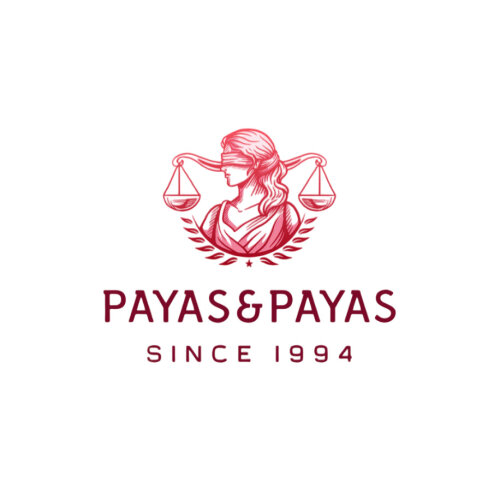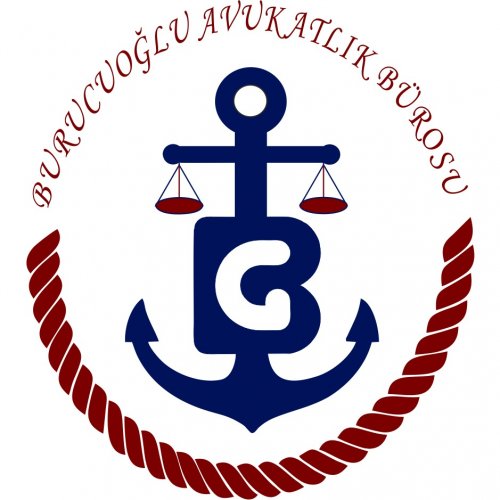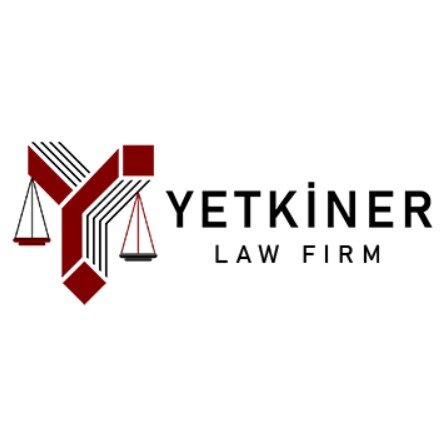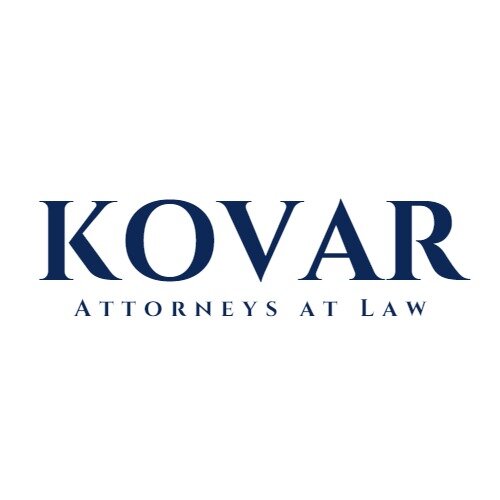Best Nonprofit & Charitable Organizations Lawyers in Izmir
Share your needs with us, get contacted by law firms.
Free. Takes 2 min.
List of the best lawyers in Izmir, Turkey
About Nonprofit & Charitable Organizations Law in Izmir, Turkey
Nonprofit and charitable organizations in Izmir, Turkey, play a crucial role in addressing various social, cultural, and environmental issues. These organizations operate under Turkish civil law but are subject to additional requirements and regulations that govern nonprofit activities. They can take the form of associations, foundations, or other entities focused on public benefit activities. The increasing need for transparency and accountability has led to a structured legal framework that regulates how these organizations are established, managed, and funded.
Why You May Need a Lawyer
There are several scenarios where individuals or entities might require legal advice regarding nonprofit and charitable organizations in Izmir, Turkey:
- Establishment: Guidance on the legal process of founding a nonprofit or charitable entity, ensuring compliance with local statutes.
- Compliance: Navigating the complex regulations that govern operational, tax, and reporting obligations.
- Governance: Advising on best practices for governance structures and policies to mitigate risks of mismanagement.
- Dispute Resolution: Representing the organization in legal disputes or challenges related to contracts, donations, or management issues.
- Mergers and Collaborations: Legal advice on potential mergers with other nonprofits or collaborations with governmental or private sectors.
- Funding and Taxation: Assistance with securing funding while adhering to tax regulations and maintaining the organization’s nonprofit status.
Local Laws Overview
The legal framework surrounding nonprofit and charitable organizations in Izmir is predominantly governed by the Turkish Civil Code and specific regulations on associations and foundations. Key aspects include:
- Association and Foundation Laws: Define how organizations should be structured, including their purpose, membership, and governance.
- Registration Requirements: Mandate formal registration with local authorities, including submission of founding documents and operational plans.
- Tax Exemptions and Benefits: Outline the criteria for applying tax exemptions and benefits due to the organization's charitable nature.
- Annual Reporting: Require comprehensive reporting on financial activities to ensure transparency and accountability.
- Prohibition of Profit Distribution: Specify that profits generated by the organization must be reinvested into its mission.
Frequently Asked Questions
1. What are the differences between foundations and associations in Turkey?
Foundations are typically funded by an endowment and pursue charitable activities, while associations rely on membership and dues, engaging in specific activities for the public good.
2. How do I establish a nonprofit organization in Izmir?
The process involves preparing founding documents, including the bylaws and mission statement, and registering the organization with the relevant local authorities.
3. Do nonprofit organizations pay taxes in Turkey?
While nonprofits can qualify for certain tax exemptions, they must meet specific criteria and regularly report their finances to maintain these privileges.
4. What are the reporting requirements for nonprofit organizations?
Nonprofits must file annual reports detailing their financial activities, including income, expenditures, and how funds are used to advance their mission.
5. Can a nonprofit organization engage in commercial activities?
Yes, but any profit must be reinvested in the organization's mission. Such activities must align with the nonprofit's objectives and legal constraints.
6. What is the role of the board of directors in a nonprofit in Turkey?
The board is responsible for governance, setting strategic directions, ensuring compliance with laws, and overseeing operations within the nonprofit.
7. How can a nonprofit organization be dissolved?
Dissolution can be voluntary or court-ordered. The process requires settling debts, fulfilling legal obligations, and notifying authorities.
8. Is foreign funding allowed for nonprofits in Turkey?
Yes, but receipts must be registered and disclosed in alignment with compliance requirements to ensure legality and transparency.
9. Are donations tax-deductible in Turkey?
Under certain conditions, donors may claim tax deductions for contributions to approved nonprofit organizations.
10. Can nonprofits in Turkey engage in political activities?
While nonprofits can advocate for social issues, engaging in political campaigns or partisan activities is restricted to maintain their nonprofit status.
Additional Resources
For further assistance and information, individuals can reach out to the following resources in Izmir:
- Izmir Bar Association: Provides legal specifications and guidance concerning nonprofit operations.
- Directorate General for Foundations: Oversees foundations and offers resources for compliance.
- Ministry of Interior’s Department of Associations: Provides information on regulations and procedures for associations.
- Local Nonprofit Networks: Engage in networking events and training sessions to stay informed about industry trends and best practices.
Next Steps
If you seek legal assistance with issues related to nonprofit and charitable organizations in Izmir, consider the following steps:
- Identify Your Needs: Determine the specific area where legal help is required, be it establishment, compliance, or dispute resolution.
- Seek Professional Advice: Contact a lawyer experienced in nonprofit law in Turkey who can help navigate the legal landscape effectively.
- Prepare Relevant Documents: Gather necessary documentation related to your organization for reference during consultations.
- Engage with Authorities: Register your organization or issue as needed with relevant governmental bodies.
- Attend Workshops and Seminars: Stay informed about changes in laws through educational events and seminars.
Lawzana helps you find the best lawyers and law firms in Izmir through a curated and pre-screened list of qualified legal professionals. Our platform offers rankings and detailed profiles of attorneys and law firms, allowing you to compare based on practice areas, including Nonprofit & Charitable Organizations, experience, and client feedback.
Each profile includes a description of the firm's areas of practice, client reviews, team members and partners, year of establishment, spoken languages, office locations, contact information, social media presence, and any published articles or resources. Most firms on our platform speak English and are experienced in both local and international legal matters.
Get a quote from top-rated law firms in Izmir, Turkey — quickly, securely, and without unnecessary hassle.
Disclaimer:
The information provided on this page is for general informational purposes only and does not constitute legal advice. While we strive to ensure the accuracy and relevance of the content, legal information may change over time, and interpretations of the law can vary. You should always consult with a qualified legal professional for advice specific to your situation.
We disclaim all liability for actions taken or not taken based on the content of this page. If you believe any information is incorrect or outdated, please contact us, and we will review and update it where appropriate.















